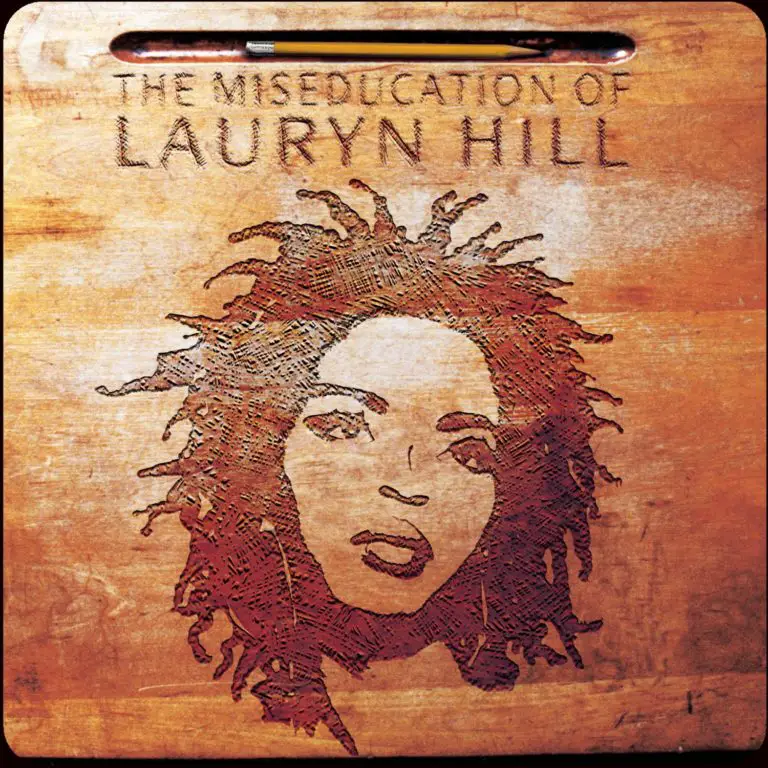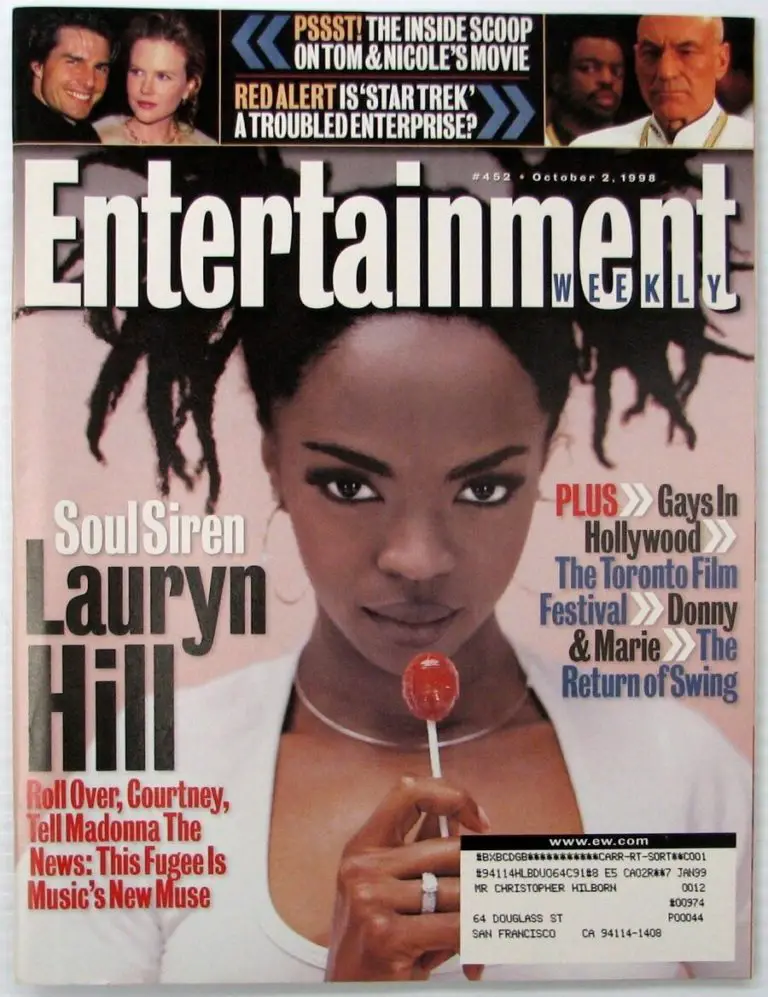Words are like honey; they can be sweet to hear but the message might not always stick. And over time, messages get lost in translation. Take the late great Muhammad Ali, who refused to fight in the Vietnam war because, as only he could put it, “no Vietcong ever called me n*****.” When Ali took his stance, he was stripped of his world championships, boxing license and was vilified by the public.
“I am not allowed to work in America and I’m not allowed to leave America,” Ali said in February. 1968, the start of his first full year of exile from boxing. “I’m just about broke.” This is why the Kaepernick comparisons aren’t apt. While Ali struggled to afford groceries, Kaepernick is backed by a billion-dollar corporation in Nike. After Ali’s passing in 2016, revisionist history took over. Ali’s mid-career struggles were now celebrated. Despite being spurned by the very country that now celebrates him.
What does this all have to do with Lauryn Hill? Well, have you ever asked yourself how the first woman to be nominated in ten Grammy categories in a single year, and the first woman to win five trophies in one night found herself out of the spotlight a couple of years after her acclaimed solo debut? Well, I’m here to tell you this was coming all along, oh and she warned us about it.

Lauryn Hill’s Revelation
The Miseducation of Lauryn Hill is a magnum opus of black music, encompassing the best of multiple genres. However, due to her lack of activity musically, Lauryn Hill’s presence in contemporary pop culture is now reduced to jokes about her punctuality, and not the sacrifice she herself prophesied.
On “Final Hour,” the album’s seventh track, she makes her priorities apparent, regardless of her status as a world-famous entertainer. In the chorus she raps “you can get the money; you can get the power. But keep your eyes on the Final Hour.” With the “Final Hour” representing religious salvation. She even raps later in the record “I’m making sure I’m with the 144.” The 144 is a reference to the Book of Revelations. In it 144,000 people are specifically chosen by God to serve as his agents.

Lauryn Hill has always been open about her faith and spirituality yet, in her earlier work as a member of The Fugees, religious references were further and fewer in between. So, what changed? After selling millions of records, winning awards and being propped as the face of a generation of women, had Lauryn Hill learned new information that brought on this stance?
Decoding The Lyrics
At the end of the first verse she says, “People feel Lauryn Hill from New-Ark to Israel (clever play on words here as she makes a reference to the “Ark of the Covenant” and she’s from Jersey). And this is real, so I keep makin’ the street ballads, while you lookin’ for dressin’ to go with your tossed salad.” Followed by the aforementioned chorus, these lyrics emphasize her stance on the music industry. After all, tales of the the entertainment industry’s sexual deviance are now far too common. Hence, the “dressing” and “tossed salad” lines.
Throughout the song, she juxtaposes her glamorous life with her faith. Symbolizing that one wouldn’t be there without the other. In the last verse she says, “now I’m a get the mozzarella like a Rockefeller / Still be in the church of Lalibela, singing hymns a cappella / Whether posed in Maribella in Couture / or collecting residuals from off The Score.” While it may seem braggadocious, she lets the listener know what she would choose if it came time for a decision by saying, “I’m making sure I’m with the 144.”
Hence why she denounced the “dressing” (a symbolism for opulence) because the cost is her spirituality and beliefs. Being Lauryn Hill of course, (at one time one of the world’s most popular entertainers) there may not have been an option to continue her career without politics, corruption and possible harassment (there’s Harvey Weinstein’s in the music industry too).
Aftermath
It comes as no surprise that by the turn of the millennium, Lauryn Hill was out of the public eye. Yet, sehe returned in 2002 with her MTV Unplugged No. 2.0 live album. However, critics weren’t as kind this time around, as chic hip hop girlie Lauryn way to a spiritually devoted Mrs. Lauryn Hill. While her lyrics pick up where she left of on “Final Hour.” So, no. Lauryn Hill didn’t go crazy, she didn’t lose her rapping and songwriting abilities. She made a decision.
Lauryn Hill is now 45 years old. She still tours and performs medleys of her most popular songs (oftentimes restructuring the entire song and keeping the lyrics). She never regained the same level of stardom and probably won’t ever grace the covers of Time, Rolling Stone, Vibe, People or Entertainment Weekly ever again. Yet, it seems to have been a conscious sacrifice, preferring to sing her hymns for those that are keen to listen for their education and enjoyment. Not because the machine tells them to.


Comments are closed.